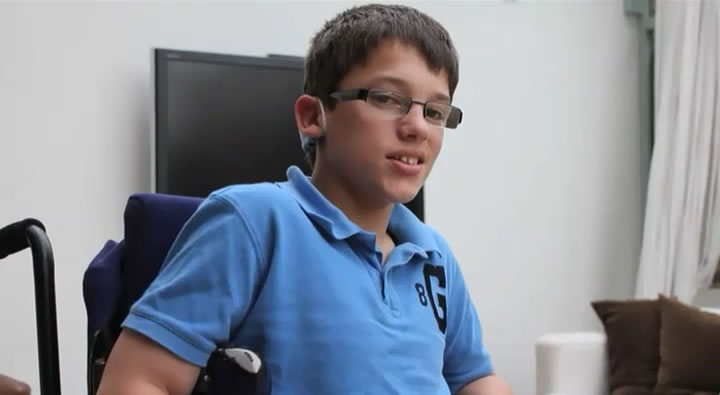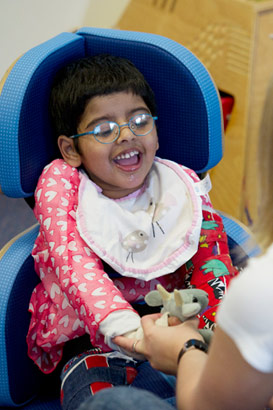
The quality of life that children experience over time has a cumulative effect on their development.
The way a child is given a voice, is listened to and has their views acted upon, will affect not only their communication but also their:
- Ability to make choices
- Opportunities for independent living, and
- Participation in society.
The child who is not heard becomes the adult who does not speak.
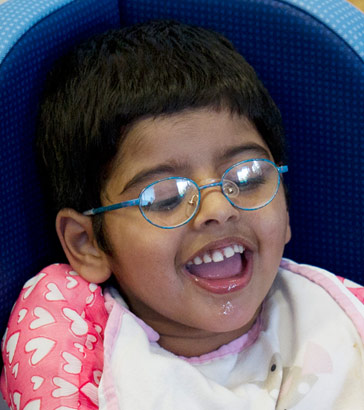
The quality of life that children experience in one area can affect the quality of their lives in a different area. So, for example, the quality of children's relationships with their peers may affect their emotional well-being. Similarly, children's physical well-being may be affected by their material well-being.
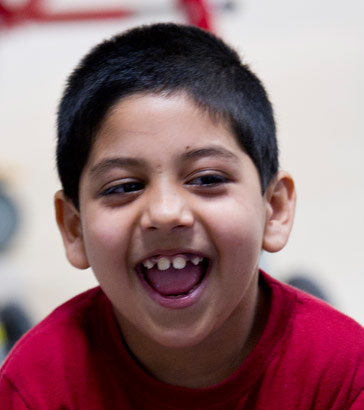
The quality of a child's life also depends upon those around him or her. The family, the school and the wider community can all affect a child's quality of life. So, not only do we need to listen to children's views on matters that concern them but we also need to consider how the adults around a child can make changes that will improve that child's quality of life.
Listen to the audio clip of Harvey talking about his future and answer the following questions:
- What can be done now to help Harvey achieve his future ambitions?
- What might prevent him from achieving his future ambitions?

Your answer may have included the following ways to help Harvey to achieve his future ambitions:
- Teaching Harvey practical skills that will enable him to go out in his wheelchair on his own, e.g. road safety, using a mobile phone, making sure he knows what to do if he needs help
- Harvey's family could be supported to be more confident about letting him go out on his own, e.g. by being sure that he knows how to keep himself safe; accompanying him at a distance on the first few trips or keeping in touch by phone; starting with short journeys or with journeys where he goes with a friend
- Harvey could be encouraged to take up drawing again – he says that he used to do it when he was younger
- His school(s) might get him involved in reviewing and redesigning their website(s).
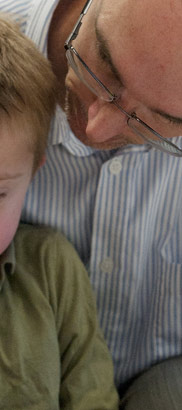
Your ideas about what might prevent Harvey achieving his ambitions may have included:
- His family's wish to protect him and keep him safe might prevent them allowing Harvey to take 'risks' appropriate to a child of his age, e.g. going out on his own or with friends
- Low expectations, prejudice or stereotyping about what Harvey can achieve at school, or in the future, in the workplace
- Inflexible organisational procedures and practices in the workplace
- Inaccessible workplaces or transport to and from work.
